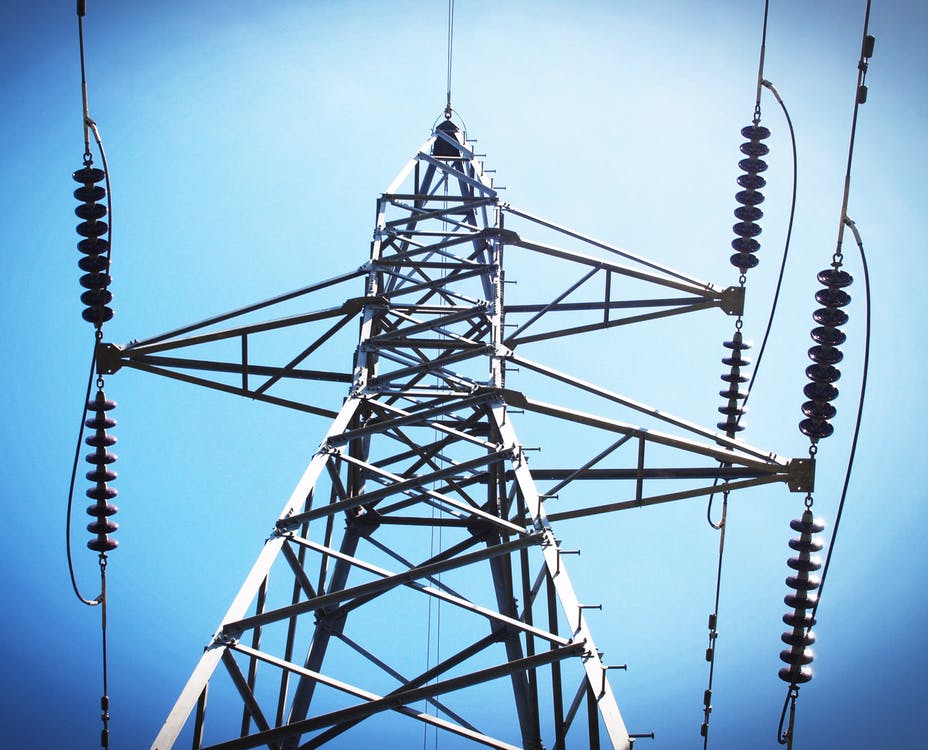Operators are being questioned on infrastructure quality and the growing costs being passed on to consumers.
The Leicester Square box office in the heart of London’s West End is not just a ticket booth. Push a red button at the back of the cabin and a hatch takes engineers down to the hub of the theatre district’s electricity network, powering everything from the Royal Opera House to the Trafalgar Square fountains and the parliamentary offices in Whitehall.
Despite the elaborate access, the substation is ageing and requires a £16mn upgrade from owner UK Power Networks, as the UK’s electricity infrastructure comes under pressure from the shift to green energy and recent blackouts highlight the need for modernisation.
But at a time when surging energy prices are turbocharging inflation and pushing countless households into energy poverty, the question of how much operators can raise from consumers to pay for such improvements is more controversial.
UKPN, owned by Hong Kong billionaire Li Ka-shing’s CK Infrastructure Holdings, is the biggest of six monopolies that run Britain’s pipes and wires, responsible for keeping electricity flowing to 8.3mn homes and businesses in the south-east and East Anglia.
As with its peers, any investment it makes into its network — from electricity pylons and cables to customer advice and service — is paid for by customers through a charge on household energy bills.
UK households currently pay an average of £372 for all the electricity and gas networks — or about 10 per cent of the new energy price cap from October that was announced by Ofgem on Friday. This includes the cost of suppliers that have collapsed.
The amount the monopolies can charge customers for network improvements is set by energy regulator Ofgem, which is currently in discussions with the industry over the price settlement for the next five years.
Colm Gibson, managing director at Berkeley Research Group, said Ofgem faced a “difficult task balancing the need for infrastructure investment with increases to bills but the current proposals appeared to place almost all the inflation risks on customers’ shoulders”.
UKPN, which says its £98 charge to customers this year is the lowest in the sector and that it has invested £6.4bn over the past 11 years, paid a £217mn dividend to its owner in the year to March 2022 after generating £1.8bn in turnover and £531mn in pre-tax profits.
In June the sale of UKPN to a consortium led by Macquarie collapsed after CKI raised the asking price from an initial £15bn — despite having paid just £5.5bn when it bought the business from France’s EDF 12 years ago.
But as energy profits boom, concern has been raised over whether the broader sector is delivering the quality of infrastructure that is needed.
An Ofgem report into Storm Arwen, which left a trail of destruction in parts of Scotland and northern England in November, found that local electricity network providers had failed to carry out routine maintenance such as cutting trees. Between 50 and 75 per cent of poles damaged in the storm were more than 40 years old, suggesting a lack of investment had contributed to the blackouts.
“Planning for the capacity requirement now is more important than it has ever been,” said Dominic Quennell, chief executive of electricity cable company Enertechnos. “In coming years the issue is likely to be less about recovering quickly from storm damage but more about future demand.”
Many of the country’s cables were installed after the second world war, designed for a time when electricity demand was far lower than it is today. When more power is pushed through them they become less efficient, leaking capacity.
This year roughly 25 terawatt hours was lost, an amount sufficient to power 7mn homes and equivalent for the first time to all the electricity imported into the UK, according to data from the Department for Business Energy and Industrial Strategy.
“It’s analogous to the water companies, which have had a large period of under-investment and people are now seeing the consequences,” said Quennell. “We have a chance to address this now in the electricity sector with better regulation.”
The need for improvements is only going to grow. According to National Grid, which is responsible for transmitting the electricity to the regional distribution networks, electricity demand is expected to soar three-fold by 2050.
Dieter Helm, professor of economics at Oxford university, said the recent blackouts during storms “begged all sorts of questions about what the distribution networks have and have not spent”.
—


